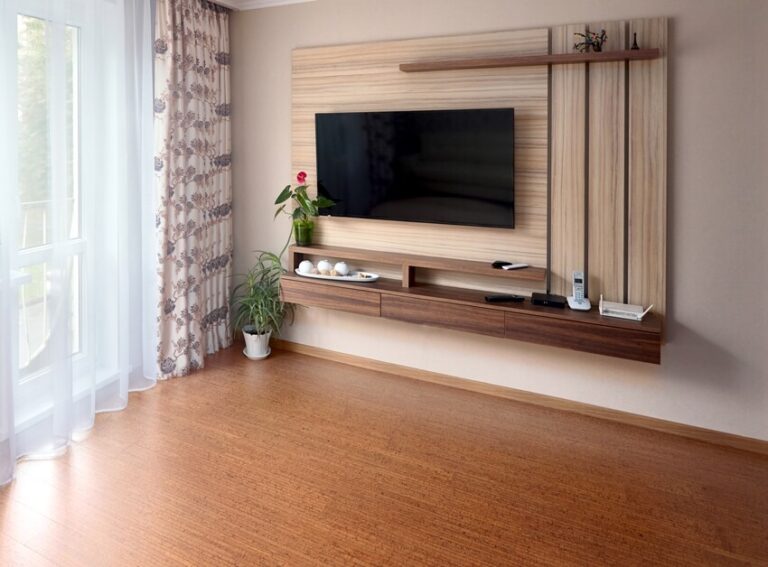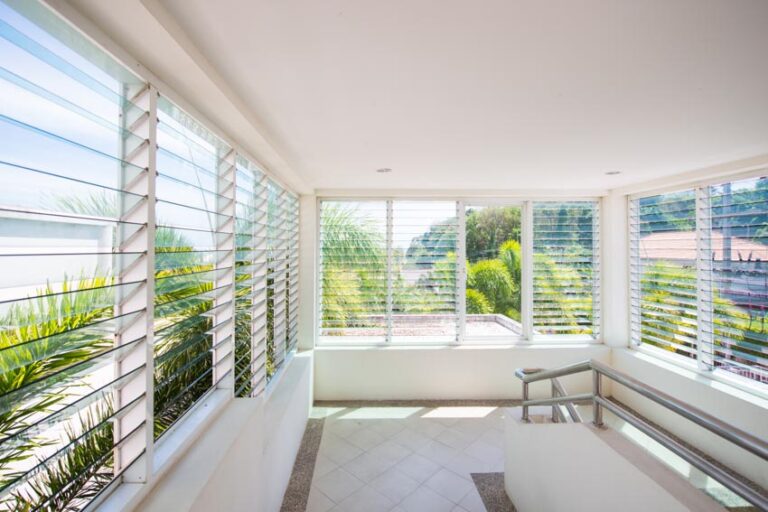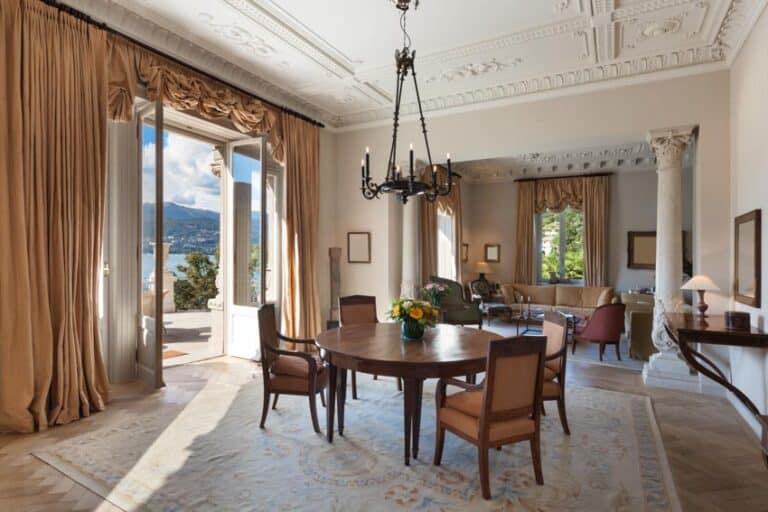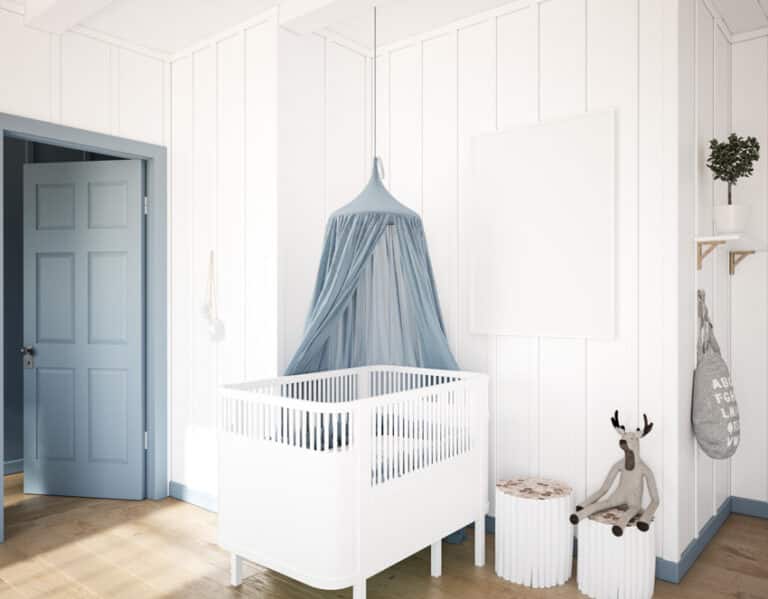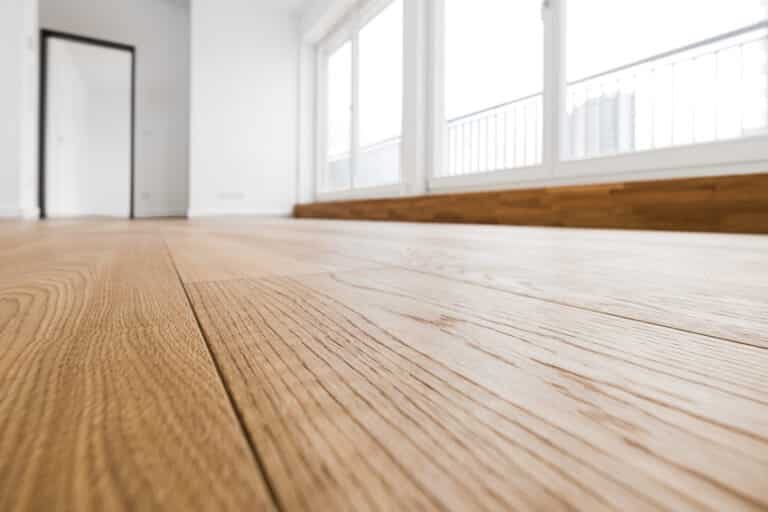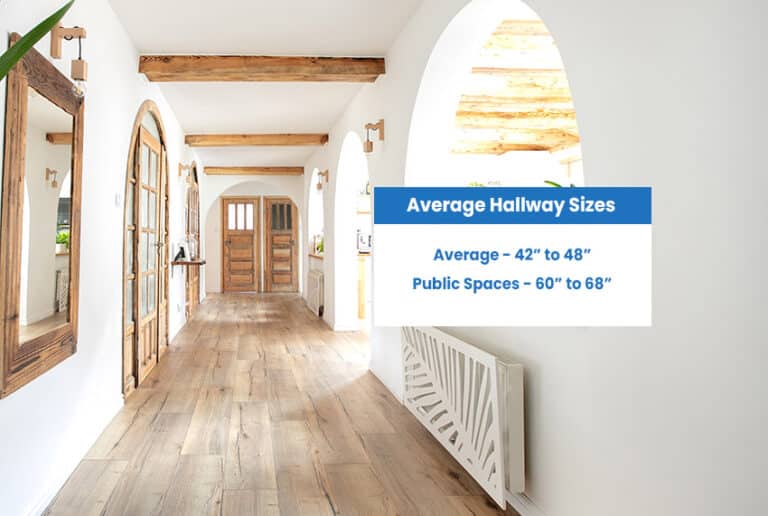Corian vs Quartz Countertops (Design Guide)
Here’s our guide comparing Corian vs quartz countertops including their pros and cons regarding design, durability, maintenance and cost.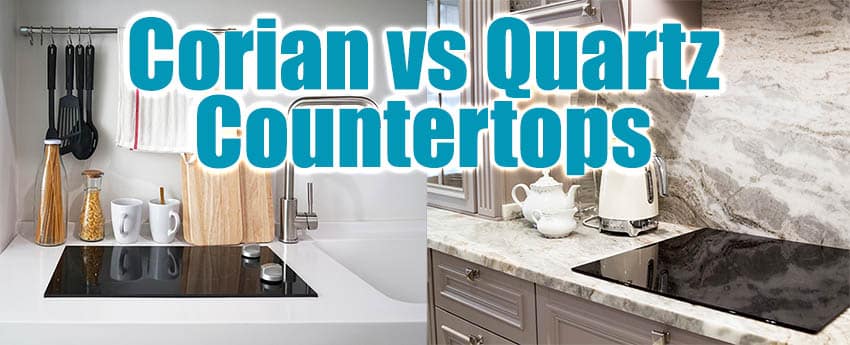
While many designers favor the look and feel of natural stone countertops, like granite or marble, they are not that practical when it comes to counters that are also used as workspaces – such as kitchen or bathroom countertops.
More recently, two types of “artificial” or man-made countertop materials have been rising in popularity, these are Corian and quartz countertops.

Upload a photo and get instant before-and-after room designs.
No design experience needed — join 2.39 million+ happy users.
👉 Try the AI design tool now
Both Corian and quartz countertops are prized for their ability to mimic the look and feel of natural stone. They are attractive, durable, and more cost-effective alternatives to natural stone.
Corian and quartz are “man-made” or manufactured, they are made up of a certain mix of natural and artificial materials.
While quartz is a commonly found natural crystalline mineral, quartz countertops are usually made of a mix of this mineral plus resins, dyes, and a few others. Quartz countertops are also often called “engineered stone”.
Corian is actually a brand name for a solid surface countertop material that was created by DuPont. It is a mixture of acrylate polymers and aluminum hydroxide that are bonded together by resins and colored by a mix of pigments.
While DuPont was the original manufacturer of Corian and is still known for the material, the patent for Corian ran out and you can find similarly created materials from other manufacturers. Corian material that is not from DuPont is usually referred to as “solid-surface”.
Corian vs Quartz Countertops Design
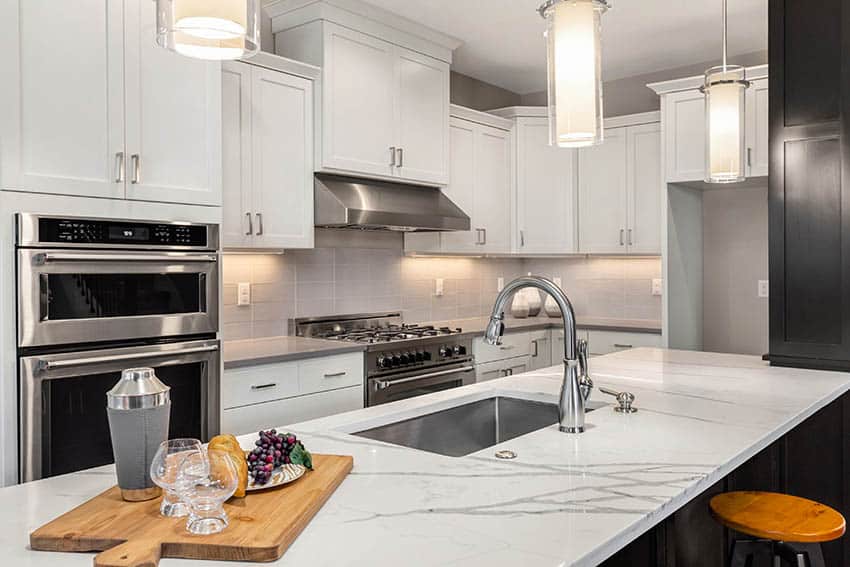
Corian and quartz are non-porous surfaces, this means that they lack the microscopic pores that are found in natural stones. Because they are non-porous, they are easier to clean and also more hygienic, which is an important consideration when you are looking for kitchen countertop materials and also bathroom countertops.
Corian and quartz are more stain-resistant than natural stone and other porous materials. When the liquid comes in contact with a porous surface it may seep in beneath the surface and lead to staining or discoloration of the material.
The pores can also become a breeding ground for bacteria and allow for mildew and mold to grow on the surface of the material. This is why the non-porous surfaces of Corian and quartz are considered a more hygienic option.
When it comes to Corian, one reason why some people prefer it over quartz is the seamless appearance of Corian. Corian uses a bonding adhesive that creates an almost invisible seam.
With quartz countertops, the seams are covered and while they are not prominent, they are less invisible than the seams in Corian.
Some people also consider Corian an easier material to work with when designing a room as it is more easily customizable.
You can ask the manufacturer to shape or mold the material according to your specifications. There are more than 100 colors of Corian available and you can even request a color from the manufacturer.
Quartz is heavier than Corian, weighing about 6.2 pounds per square foot of 12mm thick material. Corian is about the same size and thickness will weigh around 4.4 pounds.
Because of this, many people feel that quartz looks more solid and real, especially if we’re talking about quartz made to mimic natural stone.
Corian vs Quartz Durability
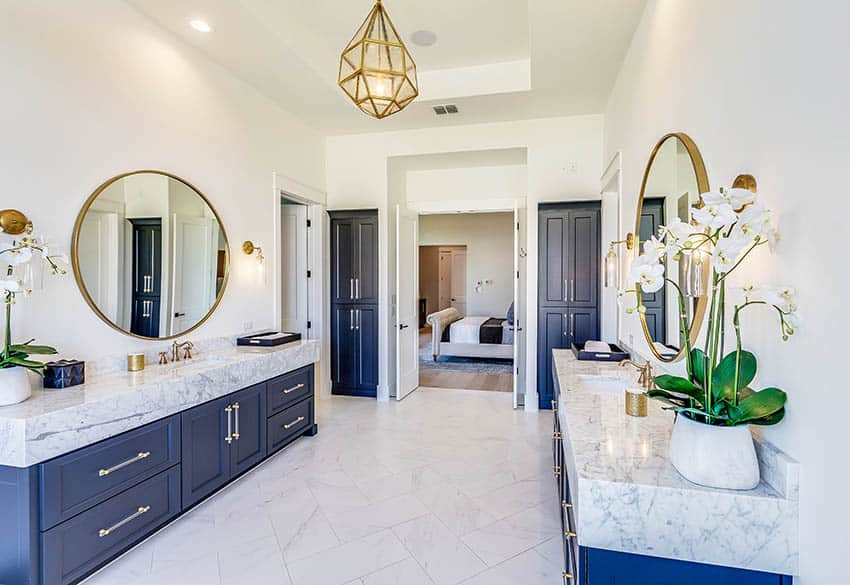
Quartz is also more heat resistant than Corian. While Corian should hold up against temperatures of around 212 F, or that of boiling water, they will begin to deform at temperatures of 250 F.
If you decide to use Corian countertops in your kitchen, you need to make sure that you don’t place hot pots or pans directly on the surface. You should also make sure that you never cut anything directly or your Corian kitchen countertop as it could scratch or chip the surface.
Corian vs Quartz Maintenance
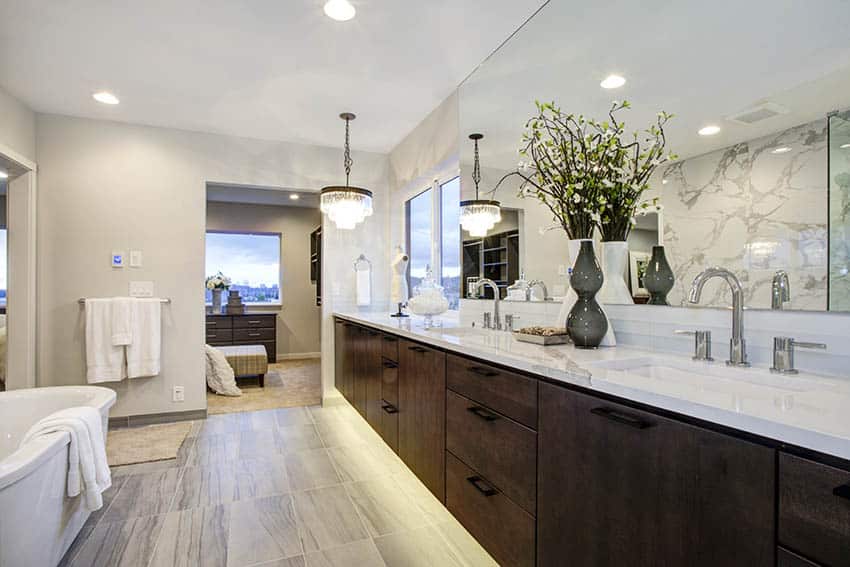
Because they are non-porous, you also don’t have to worry about sealing or re-sealing a Corian or a quartz countertop. This is another advantage that these two materials have over natural stone.
As we mentioned, Corian is a little less durable than Quartz, but that doesn’t necessarily mean it is harder to maintain. While Corian is easier to scratch than quartz, it is also easier to repair or restore. By simply sanding and buffing the scratched surface, you can repair your Corian countertop yourself.
For both types of countertops, you can maintain cleanliness by simply wiping them down regularly with a soft wet cloth and some non-abrasive cleaner. As we mentioned, bacteria, mold, and mildew don’t really grow on Corian and quartz so you don’t have to worry about using an anti-bacterial or anti-mold and mildew cleanser.
Corian vs Quartz Countertops Cost
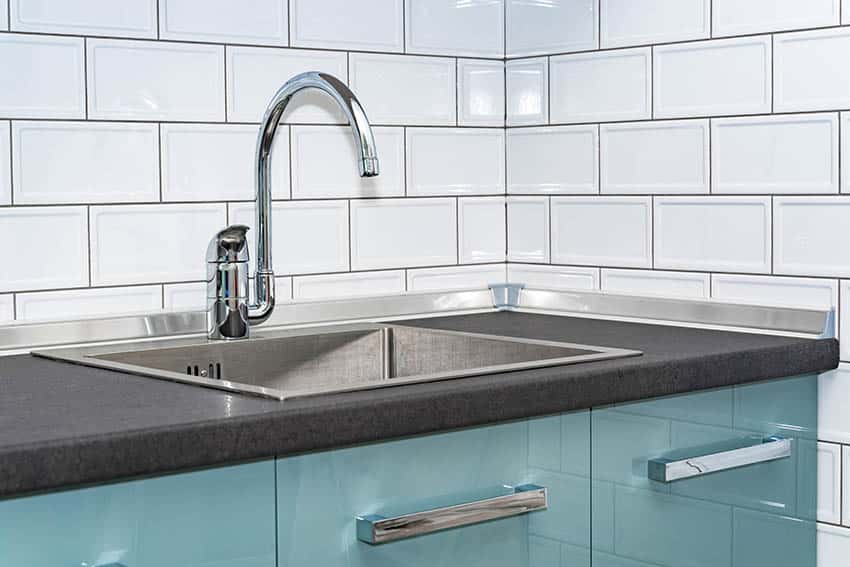
In general, Corian countertops will cost about $40-140 per square foot to install. Quartz will cost about $50-120 per square foot to install.
Is Quartz or Corian Better?
If what you really want are countertops that truly look and feel like natural stone, quartz tends to look a little more “realistic” than Corian.
Corian has a very slick and contemporary look. Some people also like Corian because it is easily formed so, it can be customizable and molded into different shapes. For example, you can have a Corian countertop molded so it has a built-in depression for a bathroom sink.
Because it’s a little more durable and resistant to heat than Corian, quartz might be the better option if you are installing kitchen countertops.
Corian vs Quartz Infographic
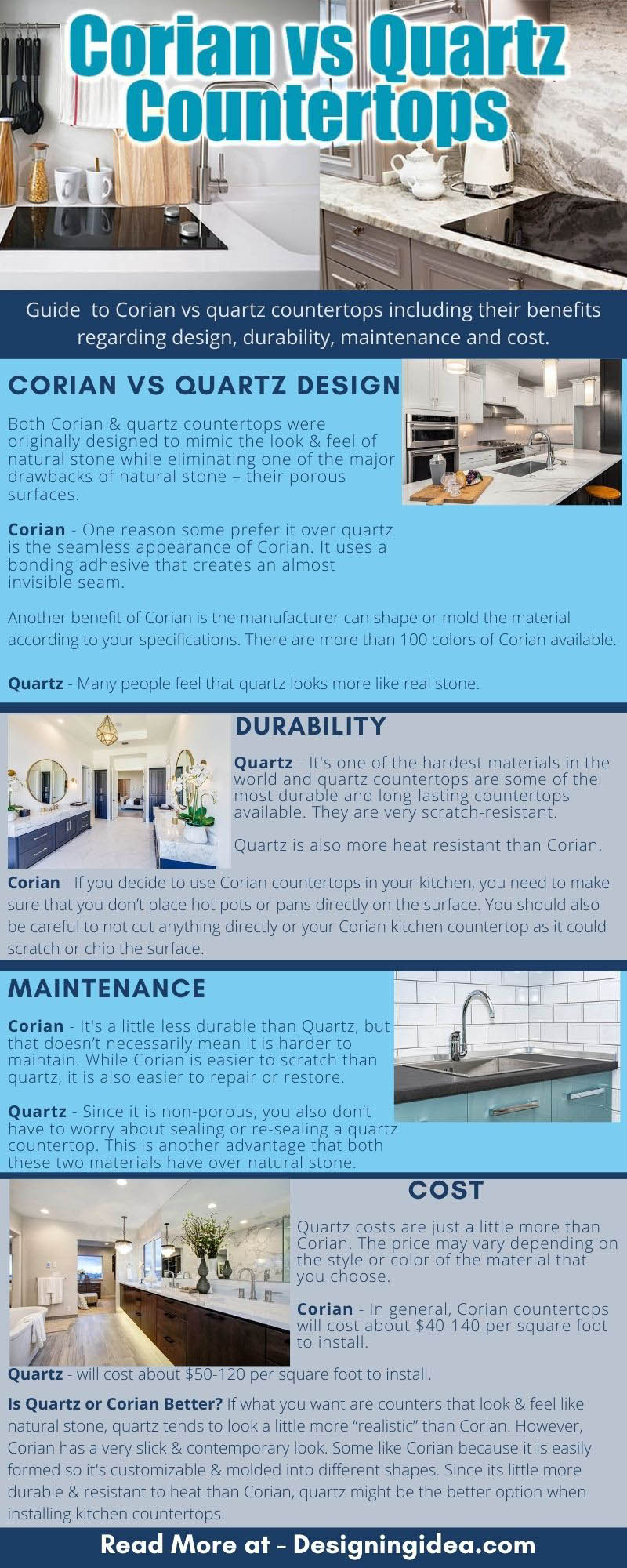
For more on this topic visit our page about solid surface vs quartz countertops.

